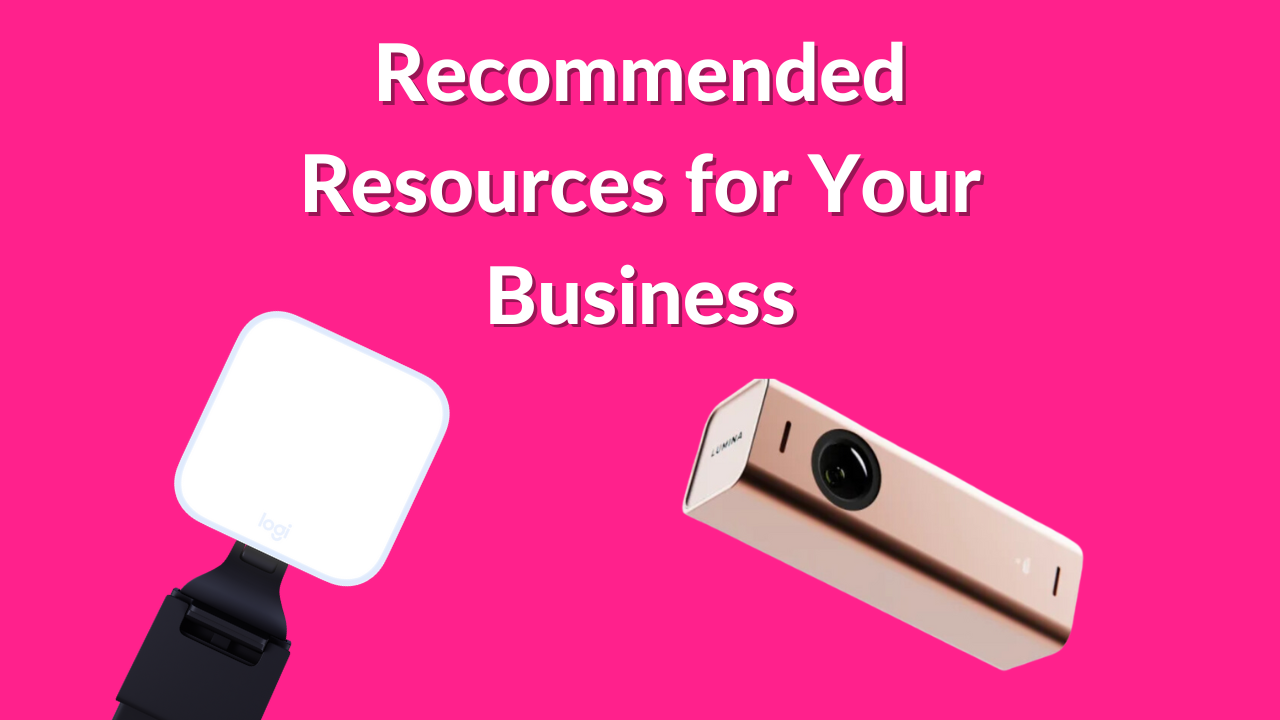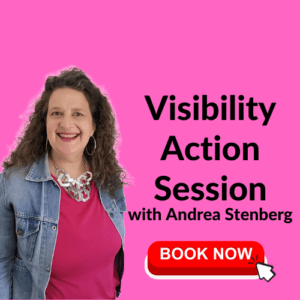One of the great things about going to an event like Podcamp London is coming away with links to amazing tools that I had never heard of before.
The first tool mentioned is one I’ve already been using. For editing out long pauses, sneezes and coughs and any other touch-ups to my audio, I’ve been using the free audio editing program Audacity. This software program looks complicated but with a little fooling around you can figure out the basics. I only use about two percent of the features available, but it’s gotten me through so far.
The coolest tool I learned about this past weekend is one I can’t wait to try. Levelator is a free tool for improving the sound of a podcast/teleseminar. Have you ever recorded (or listened to) a podcast where one of the speakers’ volume is significantly softer than the others? This can easily happen when the speakers are calling in on a phone line.
While it is possible to manually increase the volume of the softer speaker using sound editing software like Audacity, it can be very time consuming and the quality isn’t always as good as you would like. Levelator solves this problem. Simply drag and drop the file onto Levelator and it automatically does the work for you.
It doesn’t work for music, obviously, but for interviews it’s a great fix. I haven’t used it personally, but since I’m recording a new teleseminar tomorrow, I’ll likely be putting it to the test soon.
Adding Music to Your Podcast
Professional sounding recordings often have a music clip that acts as an audio logo for your podcast. But you can’t legally just browse through your music collection and add it to your podcast. You’d be breaking copyright legislation unless you can permission and pay a royalty.
So where do you find music you can legally use? Here are some links where you can get podcast safe music for free or for a small fee.
www.jamendo.com (world music)
www.magnatunes.com (there is a fee for music, but half goes directly to the artist)
www.archive.org (they have some free, public domain and creative commons licensed music)
www.freemusicarchive.org (more creative commons music)
www.musopen.com (classical music)
If you’ve been holding off on producing teleseminars or podcasts because you didn’t have the tools, check out some of these links and give them a try. You may find it’s easier than you think to create a professional sounding recording.
Andrea J. Stenberg



